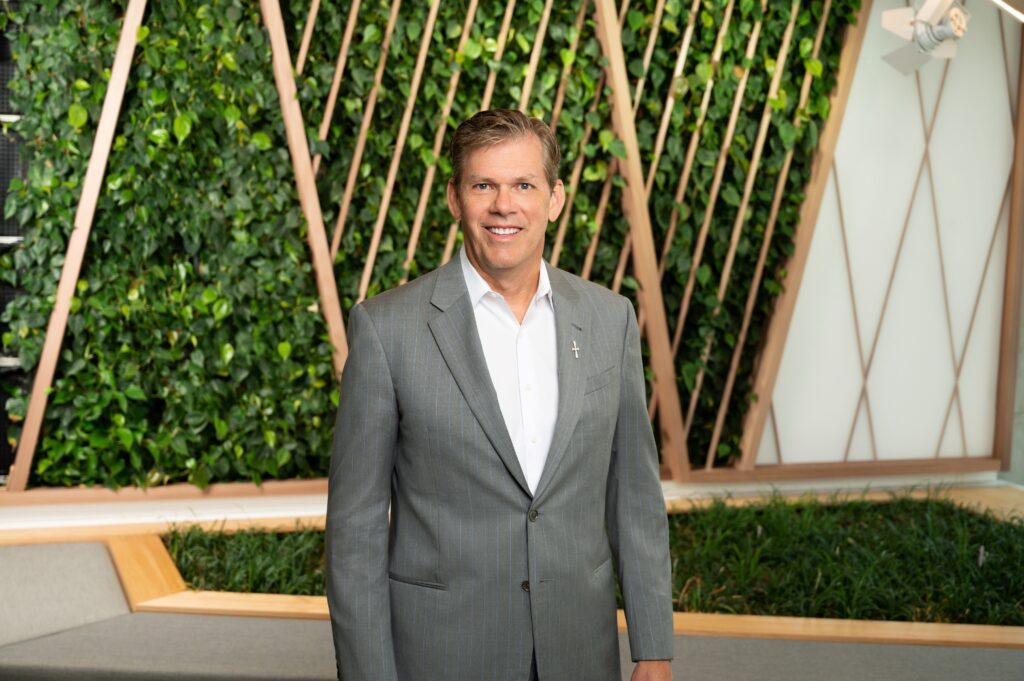Avocado Innovation
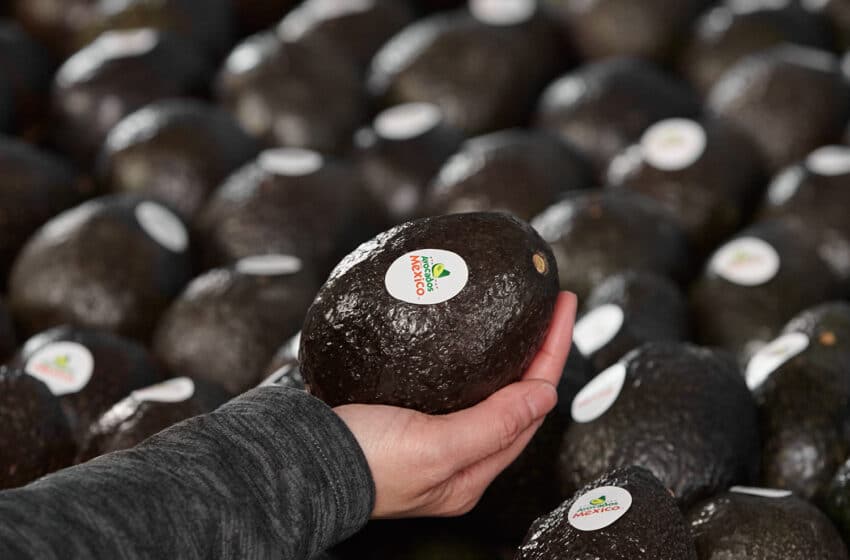
A conversation with Alvaro Luque, President & CEO of Avocados From Mexico
Last year, the US imported $2.82 billion—or 2.1 billion pounds—of avocados from Mexico. It was another year of impressive growth since 1997, when the US Department of Agriculture lifted its 83-year ban on the import of Mexican avocados.
One entity in particular is responsible for doubling the volume of Mexican avocados imported into the United States: Avocados From Mexico, the not-for-profit organization that coordinates the marketing activities of avocado growers and packers in Mexico and importers in the US. Based in Irving, Texas, Avocados From Mexico is probably best-known for its witty Super Bowl commercials, perhaps a surprising strategy for a produce brand. Their high-concept ads have portrayed everything from bewildered aliens touring a museum of human culture (emoji, the infamous white-and-gold dress, a captive Scott Baio) to the Avocados From Mexico Shopping Network, starring Molly Ringwald. But even the oddest of the commercials get the point across: Avocados are delicious. Each one leaves you with an impression of a festive brand—and a craving for guacamole.
We spoke with Alvaro Luque, Avocados From Mexico president and CEO since 2014, about what it’s like to lead an organization renowned for its original thinking. He discusses the brand’s deep commitment to innovation, how Mexican avocado growers were uniquely prepared to handle COVID-19, and what goes into prepping an ad for the Big Game.
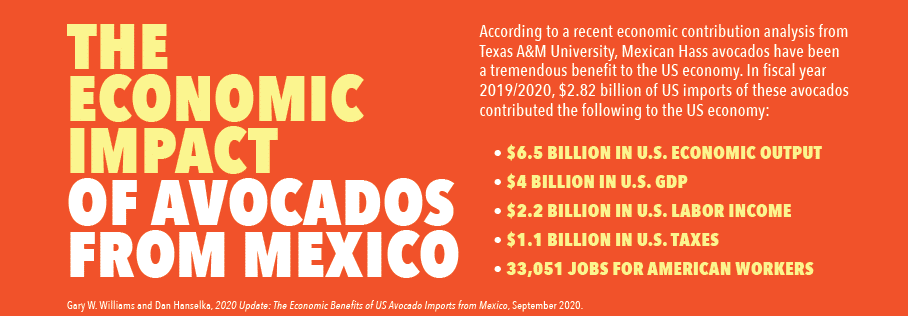
Texas CEO: Can you start by tell us a bit about Avocados From Mexico?
Luque: This is a unique organization. Everyone’s always saying that, but I can promise you that this one has a truly unique story. For over 80 years, starting in 1914, the US had a ban on importing avocados from Mexico. Finally, in 1997, they opened the market again. When that happened, the US coordinated with Mexico to create an organization they could deal with as they imported avocados, instead of dealing with tens of thousands of growers individually. That association was called APEAM [the Association of Avocado Exporting Producers and Packers of Mexico ]. It currently represents almost 30,000 growers and 62 packing companies, all in Michoacán, Mexico.
A couple of years after that, a law was passed through Congress that said every importer of avocados from Mexico had to pay 2.5 cents per pound every time their avocados crossed the border. This was a new “checkoff program” [a program that collects funds from producers of an agricultural product for research and promotion of that product]. Now, in order to oversee that program, the US created an association called MHAIA [Mexican Hass Avocado Importers Association], which includes 250 importers in the United States.
So, now you had these two associations, APEAM and MHAIA, and for seven years they were marketing the exact same product—the Mexican avocado—but they weren’t talking to each other. They would create completely separate campaigns in Spanish and in English. At some point they said, “You know what? This is not working. Why don’t we create a company together?”
In 2013, that company was created: Avocados From Mexico. It was the first time in history that two international organizations created a company through the government of the United States. I now run that company. I report to three bosses: the APEAM in Mexico, the MHAIA in the US, and the United States government, which has 100 percent oversight of our whole program. It’s a very unique situation.
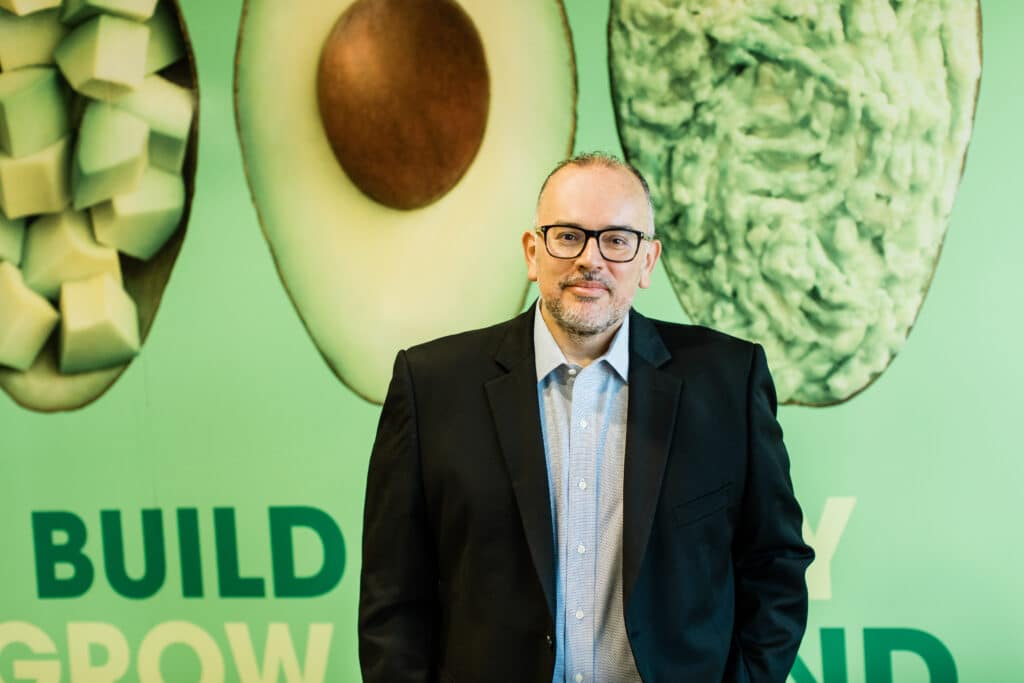
Texas CEO: Avocados From Mexico has become well-known through its Super Bowl ads? How did that come about?
Luque: I came to the company in January 2014, not long after it was founded. At my first board meeting, I told the team, “Guys, we have a big problem.” At the time, Avocados From Mexico had about 60 percent of market share but only 20 percent of consumer preference, because people didn’t know about us. So we were a leader in volume, but not a leader in consumer minds. We needed something that could tell everyone, “Hey, guys, here we are! Avocados come from Mexico, and we have a whole story to tell you.” For that kind of messaging, what’s better than the Super Bowl? So, we decided in that year to become the first fresh produce brand and the first Mexico-related brand to advertise in the Super Bowl. That happened in February 2015.
Texas CEO: What is it like to produce a Super Bowl ad? It’s one of those things a lot of people aspire to but never get to be part of.
Luque: For a marketer, it’s kind of our dream, right? Being part of a group that puts on a Super Bowl ad isn’t easy, but it is very fun. We’ve been fortunate enough to do it six times now. It’s a process that starts when our fiscal year does, in July. So from July to February—seven months—we’re talking about Super Bowl, either creating ads, testing ads, testing ideas, going to the consumer to understand what they want, producing the ad, et cetera. And if our fiscal year began before July, I would probably start a little bit earlier than that even.
It’s very cool for a small company like us, of 34 people, to take part in that process. We have a very strong roster of seven or eight agencies around the US that help us out. We work seven months in a row, nonstop, for one initiative that lasts a couple of weeks in February. It’s not only the ad during the game; it’s the whole campaign that goes around the Super Bowl. It’s very exciting.
Texas CEO: You focus heavily on making these ads funny and lighthearted and memorable. What made you go in that direction?
Luque: When you communicate something in a TV ad, it tells the viewer a lot about the company behind the product, how the people at the company think. Since the beginning, we thought that it was very important for us to define our company’s essence or soul. We call it Mexicanity. Mexicanity is all those fun, positive memories you have around Mexico. If you think about your favorite Mexican restaurant, or your Cinco de Mayo party with your coworkers, or your trip to Cancún with your family and friends—it’s all those colorful, vibrant, fun memories. We said, “We want to embrace that in our brand.”
We decided that we’re not going to talk about politics or negativity. We want to be lighthearted. We want to tell a message that is always fun and positive. That’s a very good fit for the Super Bowl. For Super Bowl ads, you’re always looking at two extremes: Either you go super teary and sentimental or you go fun. We do fun, but it’s what we call an intelligent or a clever fun. There are a lot of Super Bowl ads that are very well done, but they are dumb. That works for some brands. But we try to use our clever fun every time that we tell a lighthearted story that has a message behind it.
Texas CEO: As part of your marketing efforts, Avocados From Mexico also created a documentary series called Avocadoland. Has that been beneficial to the brand?
Luque: Absolutely. We wanted to tell a story of what we are, from the origin. For that, we partnered with a company called Tastemade and created a three-chapter mini-documentary that tells the whole story of what we are and where do we come from. We thought it was going to be successful with the consumer, but we couldn’t even imagine how much though. The first two months we did four billion impressions with the documentary. Everyone was super engaged. And we now have the Avocadoland brand for perpetuity. We’re using it now to tell more of a corporate story, broken into into different topics like quality and flavor and health benefits. There’s so much that you can say in there about avocados and who we are.
There’s a lot of magic in Michoacán, and Avocadoland helped us tell that story. There’s a lot of produce companies, including avocado companies, that have huge corporations behind them. Our case is very different. As I said, we’re a small team and we represent almost 30,000 small growers. Almost 75 percent of those growers have less than five hectares. There’s a magic to realizing that you’re here in the US doing Super Bowl spots that represent those small farmers, living day to day, and that they trust you. Thousands of them will never meet us, but they trust me and my team to tell the story.
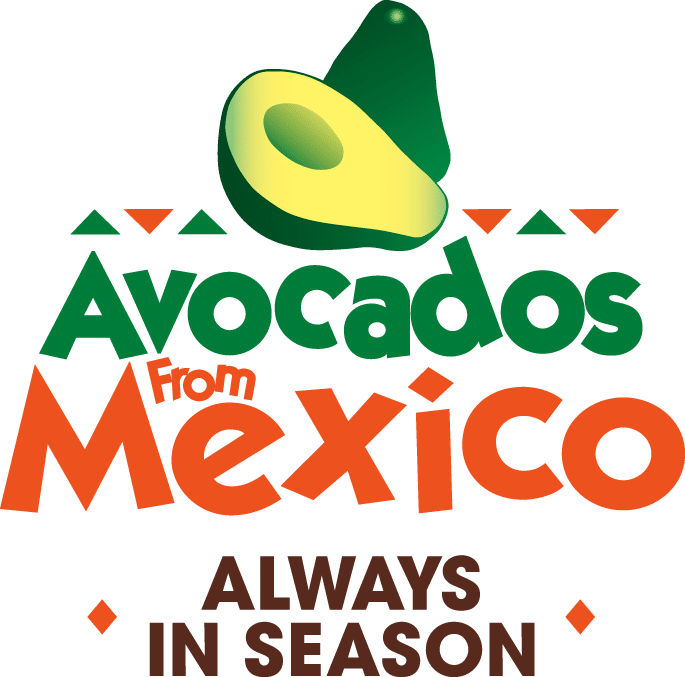
Texas CEO: You’ve also worked with companies in Venezuela and Costa Rica. What can you say to readers who might be interested in doing international business in Latin America?
Luque: Latin America has two unique aspects that you need to understand. One is that, even though we’re all Latinos, it’s a melting pot. There’s a lot of different types of people and cultures in there. I’m Costa Rican, and even in Central America—a small region—we’re very different from each other. And Mexicans are very different from Argentinians, and Argentinians from Peruvians and Peruvians from Venezuelans. Every country represents a lot of different opportunities, but you need to understand the best way to connect to each of them. This is even becoming more and more true in the US: If you talk to Dominicans or Puerto Ricans living in the Northeast, they’re going to have a different culture from the Mexicans who live in the West, which will be very different from the culture of the Central Americans who live in Houston.
The other thing about Latin America—and this comes from a Latino—is that we live in a struggle every single day. In every single one of our countries, there’s issues. You have a lot of people who have problems and learned to overcome those problems. It’s a great culture, but it’s not as organized as American and European cultures. We can learn some of that from them, and they can learn from us about the struggle, the hustle, the resilience. If we have a problem, that’s not a big deal—it’s every day for us. We will overcome it and move forward. That spirit is very important for brands to understand when you’re talking to them. There’s pride in that and if you understand it, you can communicate better with them.
Texas CEO: Do you have any insight for us on Venezuela in particular? It has been heartbreaking to see refugees flowing from there.
Luque: It’s a very sad story. I’m Costa Rican, but there are two other countries that are in my heart: Mexico and Venezuela. I only lived in Venezuela for two years, but it seems like every single friend I have now is Venezuelan. In my personal life, I’m surrounded by Venezuelans! And why is that? They’re positive happy people, transparent. If the country was more organized—and it’s not their fault, really—Venezuela could be a Dubai here in America. They have so much oil, so many resources, that they could be wealthy for the rest of their lives. Unfortunately, these guys got into trouble more than 20 years ago, with a bad government and a bad decision.
Now, governments end at some point, and I think this is going to end. When it does, you’re going to have all the Venezuelans who learned the lesson—and learned a lot of great things from other cultures and companies and countries—coming back to their country. That’s going to be a jewel. You’re going to see all those people, all those funds, all those investments coming back into a country that’s still going to be very rich in terms of resources. But they’re also going to learn that they have to be careful politically moving forward. At the end, it’s going to pay off. Not soon enough, but it’s going to happen. And they deserve it, they’re great people. Venezuela is a happy country. You really enjoy living there.
Texas CEO: Let’s talk about supply-chain issues. Before COVID, food supply chains were not something that Americans had thought much about for decades. That’s an incredible testament to our system. Then bam, they became a problem. How did that play out with avocados?
Luque: We were very fortunate. That’s part of the magic of the story of Avocados From Mexico. Every single country that produces avocados eaten in the US grows them on plants that have one bloom. That’s why you only find avocados from California in March to September; the plants only have one bloom. The same is true in Spain, in Israel, in Kenya, all the places that grow Hass avocados. Only in the state of Michoacán—not even in other parts of Mexico—do the trees have four blooms instead of one. That means our supply is nonstop throughout the year.
The other great thing about avocados that’s very different from other fruits is that it can stay on the tree for a long time. If you have a nice strawberry, you need to pick it or it’s going to go bad. It’s a race against time. Avocados are different. When they’re ready to harvest, they can stay in the tree up to six months, and they only get slowly, slowly better. They only start triggering fast once you pick them. We don’t have the pressure moving product fast before it goes bad; if there are issues in the market, we can hold the avocados on the tree. With two advantages, I was not too worried in terms of supply.
I was worried about how we were going to get organized across two countries in a pandemic like this—from supplying them in Mexico to marketing and selling them in the US. Of course, when you’re picking fruit in the fields, you can’t just work from home. But everyone organized very, very well, probably because the response was not very government-driven at the start.
Since then, we haven’t had any big issues in the supply chain. Of course, the first two weeks of March were crazy. Everyone went and bought whatever was out there. But then we hit reality and had four weeks of selling around 40 to 60 percent of our budget. But we moved fast and created a strategy that addressed the short and long term. We were able to not only recuperate, but we broke a record in July, importing 2.1 billion pounds of avocados in one year. Really, the supply has been very steady, almost since the beginning.
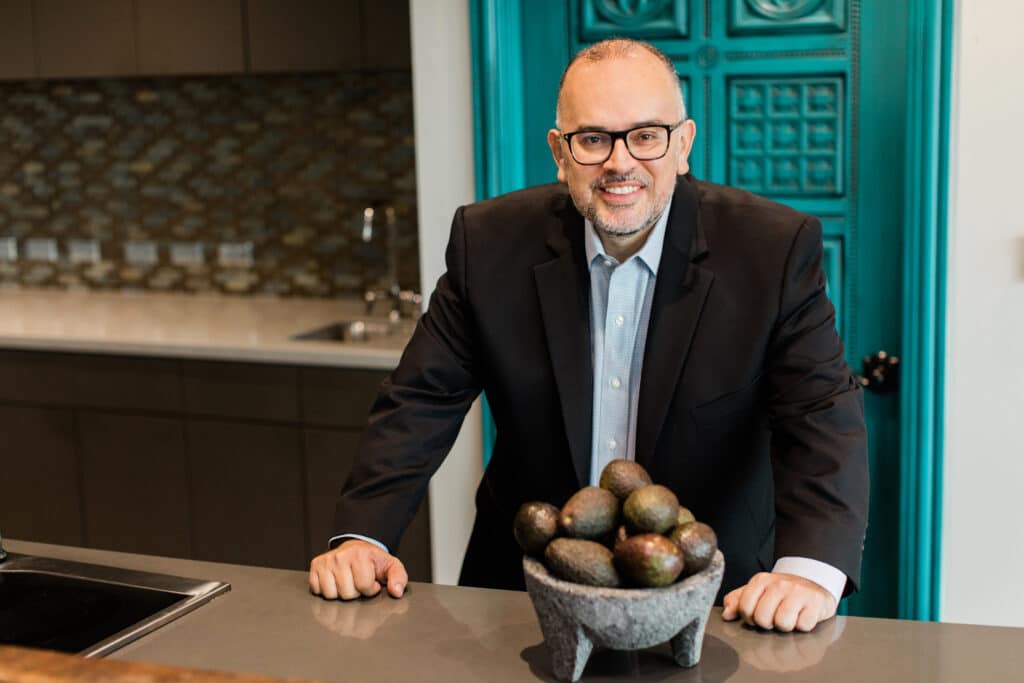
Texas CEO: I read that in 2020, Avocados From Mexico was listed on Fast Company‘s 100 Best Workplaces for Innovators. How does that work at an avocado company? Do you purposefully work on creating a culture of innovation?
Luque: Yes. We were very happy for that recognition, especially as a company of just 34 people. We always wanted innovation to be a big driver for us. At the end of the day, what we offer is just one brandless fruit. We cannot innovate in areas like product development or packaging or design. Our innovation has to be different. It has to be around ideas: How can we advertise differently, merchandise differently, create new experiences around this fruit? When we got the recognition from Fast Company, putting us alongside companies like Google and Alibaba, we knew we were going the right way. It’s one of the first steps toward becoming the most innovative produce company in the world. That’s my objective.
Texas CEO: What advice do you have for other CEOs on how to foster that kind of innovation and creativity on their teams?
Luque: They always need to be always looking for the next thing, something new. We don’t settle. We go in, do the Super Bowl, and then say: What’s next? My message to the company is that we always need to reinvent ourselves. Now that we are dominating the US market—with more than 85 percent market share, almost doubling the market in six years—it’s very easy to get settled and not do anything else.
My job is to break that mentality and say, “We need to keep on going!” We created our own innovation champion within the company. That person reports to me. We’ve been trying to educate every single employee on how important is to innovate. Last year, we took almost 70 percent of our company to Yale for a dedicated conference about thinking differently. That’s the type of investment I’m very proud to do.
The other thing is that if you do things right, you can compete with whoever you want, no matter how small you are. You just have to be creative enough. It doesn’t matter if you’re 34 people; you can create your own story. When we got into the Super Bowl, we knew we wouldn’t ever have the number-one ad there. We can’t go out and hire Brad Pitt. We can’t compete with the Budweisers and Coca-Colas and Procter & Gambles of the world. But in digital, we can go out and win. We’ve been the only company to be in the number-one or number-two spot in the Super Bowl Digital Championship for the past five years. That’s where we want to be.
Even though we have a lot of fun, I still have certain financial responsibilities, like any CEO. Our board is very happy because they’re seeing the market grow. And we just did our new economic output study with Texas A&M; I was very happy to see that our economic output in the US is $6.5 billion. We’re creating more than 30,000 jobs in the US. So, doing Super Bowl ads is fun, but at the end of the day we are creating a very good economic story for Michoacán, Mexico, and the US. We’re creating an economic output, and we’re feeding people. That’s an important part of the story.

